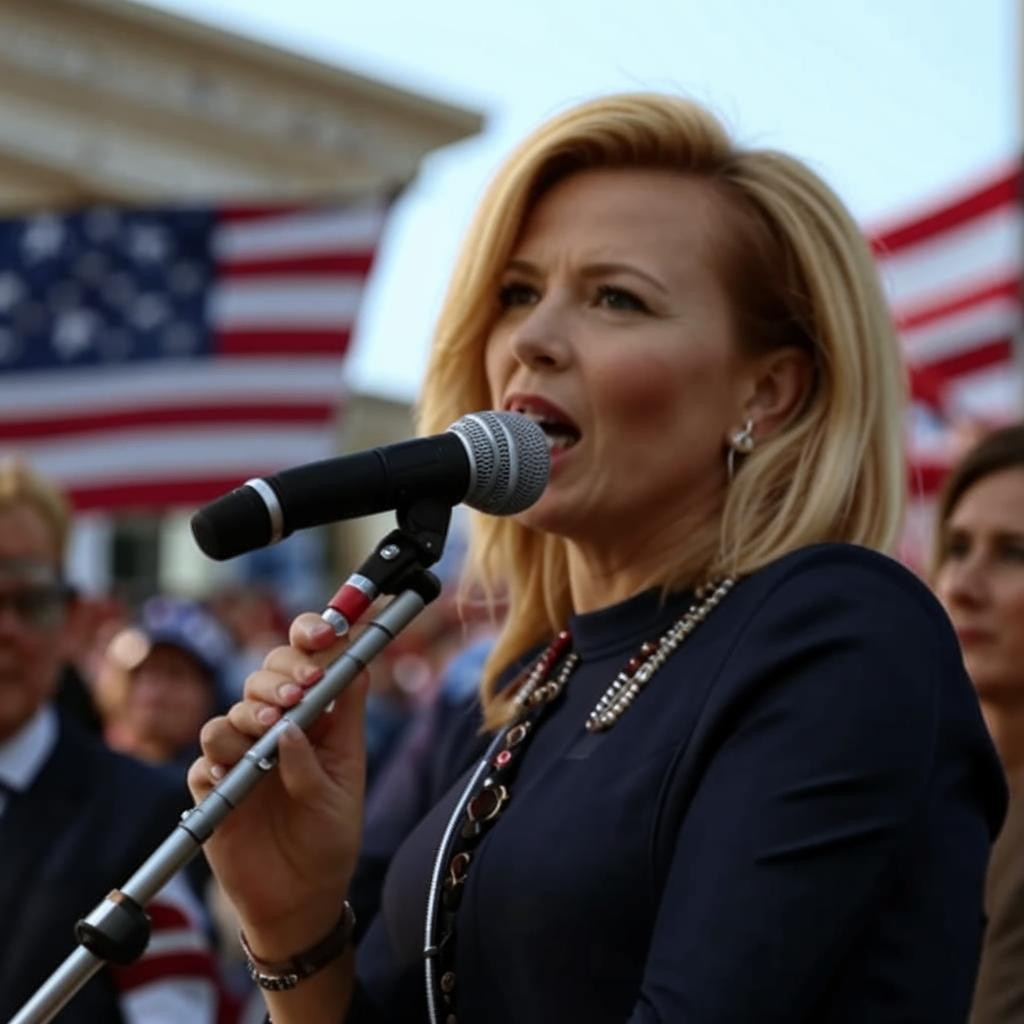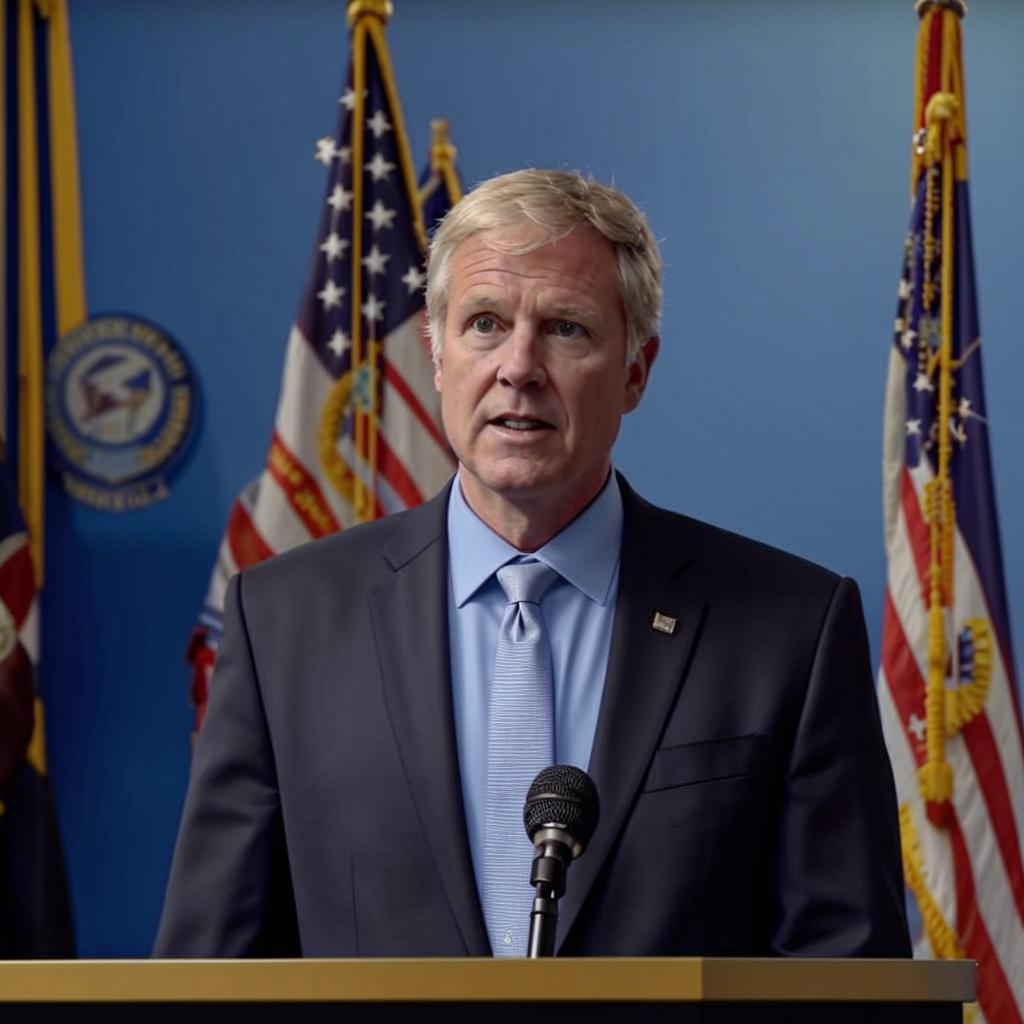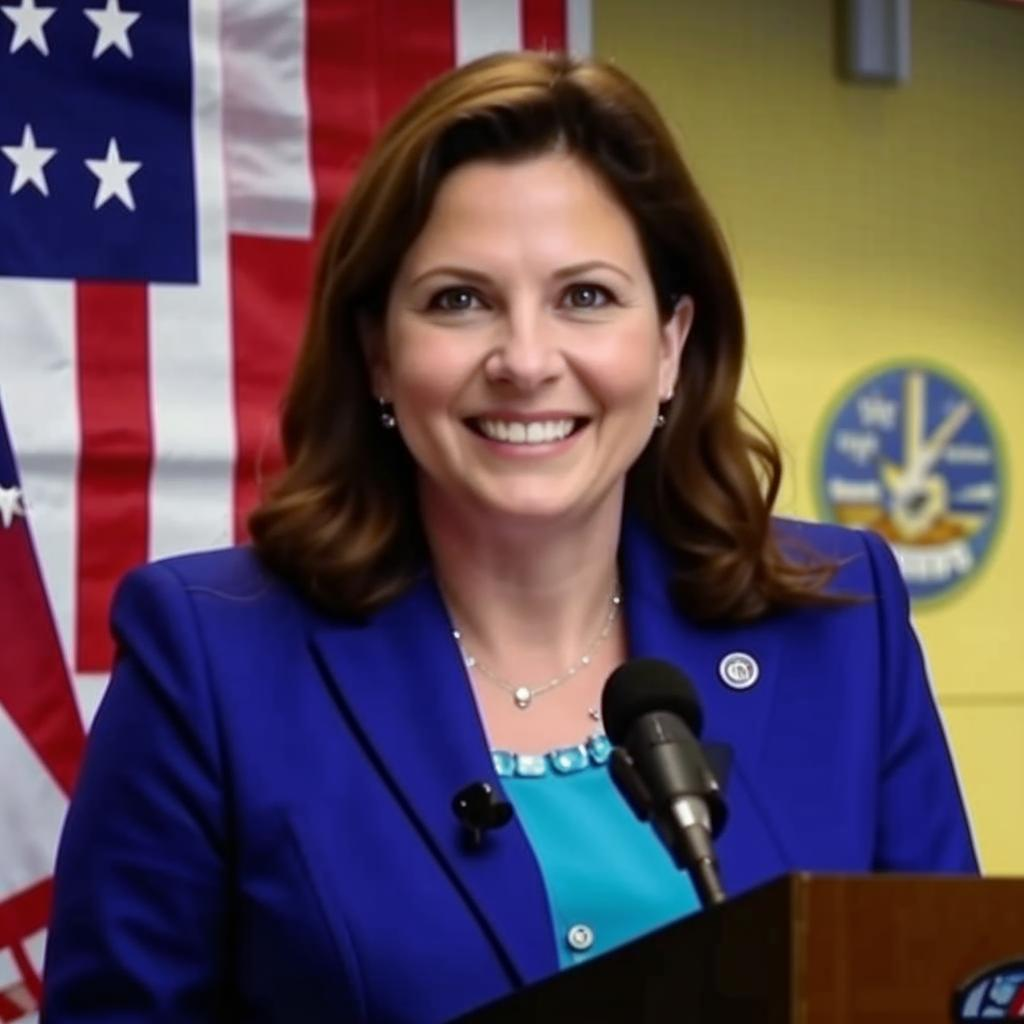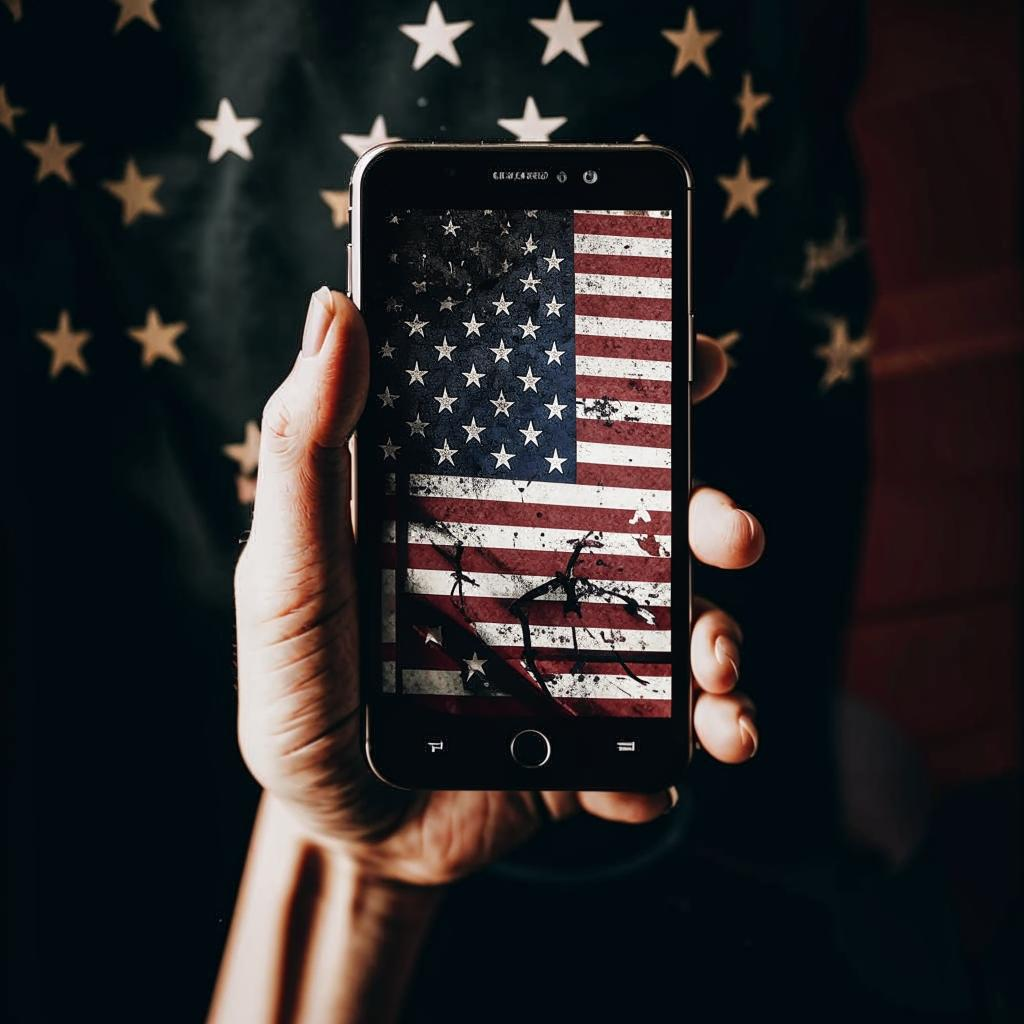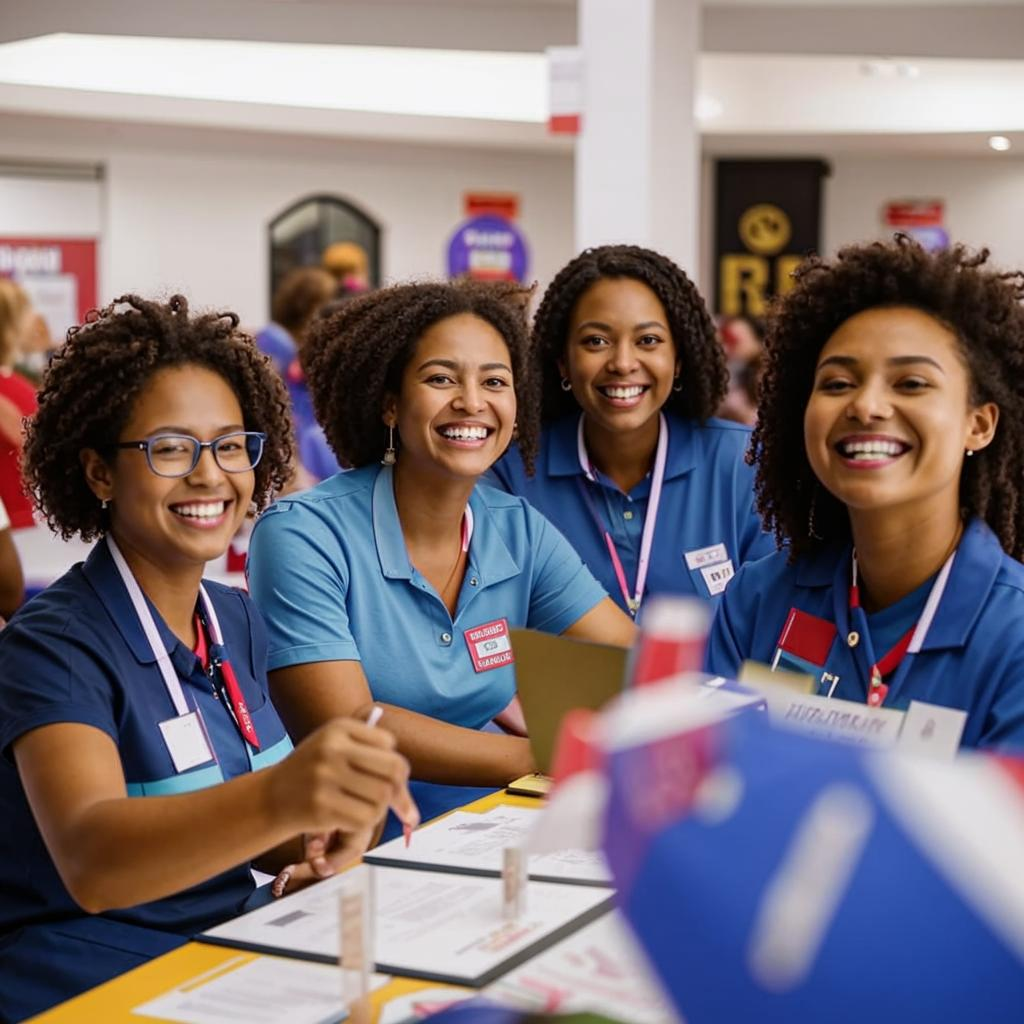Social media platforms have dramatically reshaped the political landscape, contributing significantly to increased polarization. Algorithms designed to maximize engagement often prioritize sensational and divisive content, creating echo chambers where users are primarily exposed to information confirming their existing beliefs. This phenomenon reinforces pre-existing biases and makes individuals less receptive to alternative viewpoints.
The anonymity afforded by some online platforms can embolden users to engage in aggressive and uncivil discourse, further exacerbating tensions. The rapid spread of misinformation and disinformation on social media further complicates the issue, making it difficult for citizens to distinguish between credible news and fabricated narratives.
This polarization has tangible consequences, impacting political discourse, policy-making, and even social relationships. Bridging the divide requires a multi-faceted approach. Platforms must take greater responsibility for content moderation, actively combating misinformation and promoting constructive dialogue. Media literacy education is crucial to equip citizens with the skills to critically evaluate information and identify biased sources. Encouraging offline engagement and fostering empathy for those with differing viewpoints are also essential steps towards reducing polarization and promoting a more civil and informed public discourse. Ultimately, addressing social media’s contribution to political division is paramount for the health and stability of democratic societies. Finishtit


